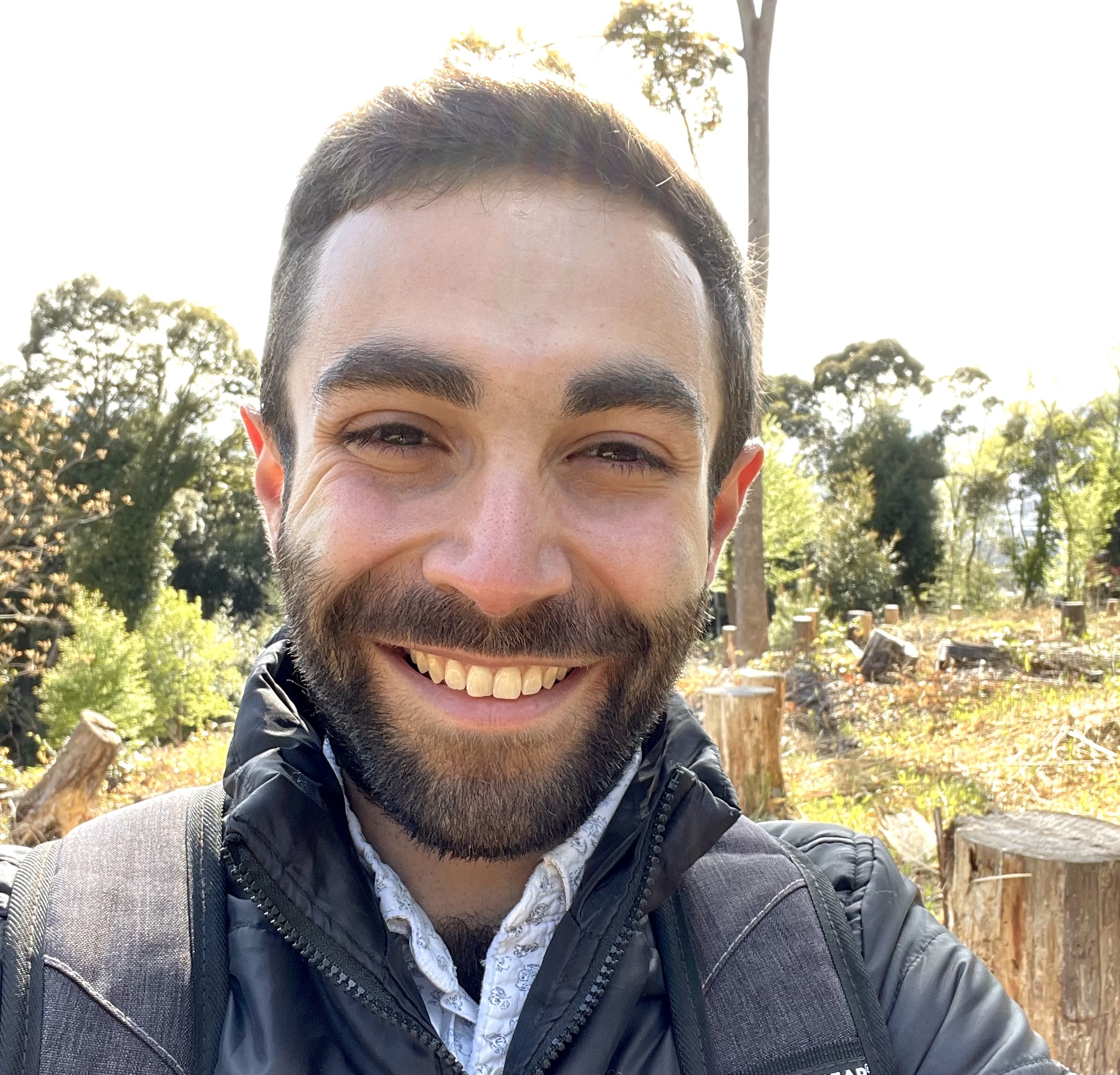Publications
You can also find my articles on my Google Scholar profile.
Published in ICML 2025, 2024
Orientation estimation is a fundamental task in 3D shape analysis which consists of estimating a shape’s orientation axes: its side-, up-, and front-axes. Using this data, one can rotate a shape into canonical orientation, where its orientation axes are aligned with the coordinate axes. Developing an orientation algorithm that reliably estimates complete orientations of general shapes remains an open problem. We introduce a two-stage orientation pipeline that achieves state of the art performance on up-axis estimation and further demonstrate its efficacy on full-orientation estimation, where one seeks all three orientation axes. Unlike previous work, we train and evaluate our method on all of Shapenet rather than a subset of classes. We motivate our engineering contributions by theory describing fundamental obstacles to orientation estimation for rotationally-symmetric shapes, and show how our method avoids these obstacles.
Download here
Published in NeurIPS 2024, 2024
Penalizing the nuclear norm of a function’s Jacobian encourages it to locally behave like a low-rank linear map. Such functions vary locally along only a handful of directions, making the Jacobian nuclear norm a natural regularizer for machine learning problems. However, this regularizer is intractable for high-dimensional problems, as it requires computing a large Jacobian matrix and taking its singular value decomposition. We show how to efficiently penalize the Jacobian nuclear norm using techniques tailor-made for deep learning. We prove that for functions parametrized as compositions f=g∘h, one may equivalently penalize the average squared Frobenius norm of Jg and Jh. We then propose a denoising-style approximation that avoids the Jacobian computations altogether. Our method is simple, efficient, and accurate, enabling Jacobian nuclear norm regularization to scale to high-dimensional deep learning problems. We complement our theory with an empirical study of our regularizer’s performance and investigate applications to denoising and representation learning.
Download here
Published in TMLR, 2023
Score-based generative models (SGMs) sample from a target distribution by iteratively transforming noise using the score function of the perturbed target. For any finite training set, this score function can be evaluated in closed form, but the resulting SGM memorizes its training data and does not generate novel samples. In practice, one approximates the score by training a neural network via score-matching. The error in this approximation promotes generalization, but neural SGMs are costly to train and sample, and the effective regularization this error provides is not well-understood theoretically. In this work, we instead explicitly smooth the closed-form score to obtain an SGM that generates novel samples without training. We analyze our model and propose an efficient nearest-neighbor-based estimator of its score function. Using this estimator, our method achieves sampling times competitive with neural SGMs while running on consumer-grade CPUs.
Download here
Published in ICLR 2023, 2023
We introduce an optimal transport-based model for learning a metric tensor from cross-sectional samples of evolving probability measures on a common Riemannian manifold. We neurally parametrize the metric as a spatially-varying matrix field and efficiently optimize our model’s objective using a simple alternating scheme. Using this learned metric, we can nonlinearly interpolate between probability measures and compute geodesics on the manifold. We show that metrics learned using our method improve the quality of trajectory inference on scRNA and bird migration data at the cost of little additional cross-sectional data.
Download here
Published in Inverse Problems, 2020
This paper extends our earlier work on QR code deblurring to the case of general images. We develop a deblurring algorithm that achieves strong results on images that include calibration patterns and in cases where the blur kernel is known in advance.
Download here
Published in IEEE Transactions on Pattern Analysis and Machine Intelligence, 2019
In this project, I helped develop the state of the art algorithm for deblurring QR codes. Our method is able to handle much more severe blurs than have previously been considered in the literature. As a bonus, it’s easy to implement using well-documented Python packages.
Download here
